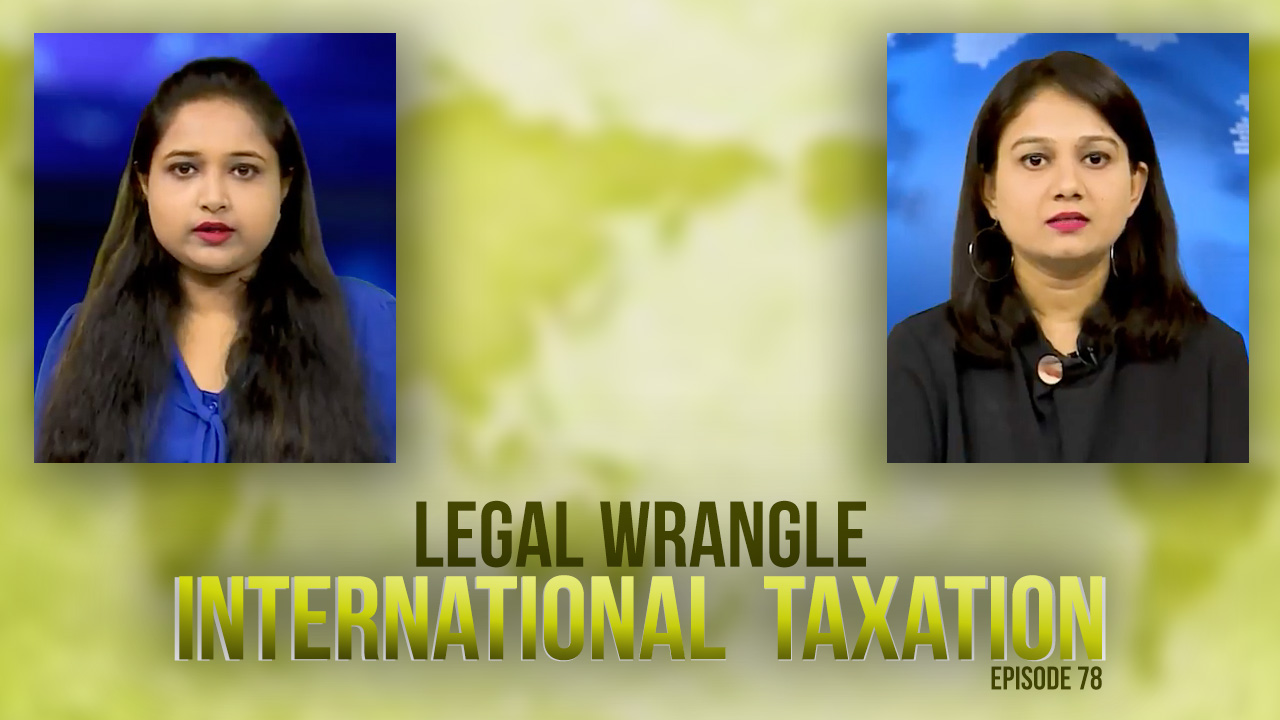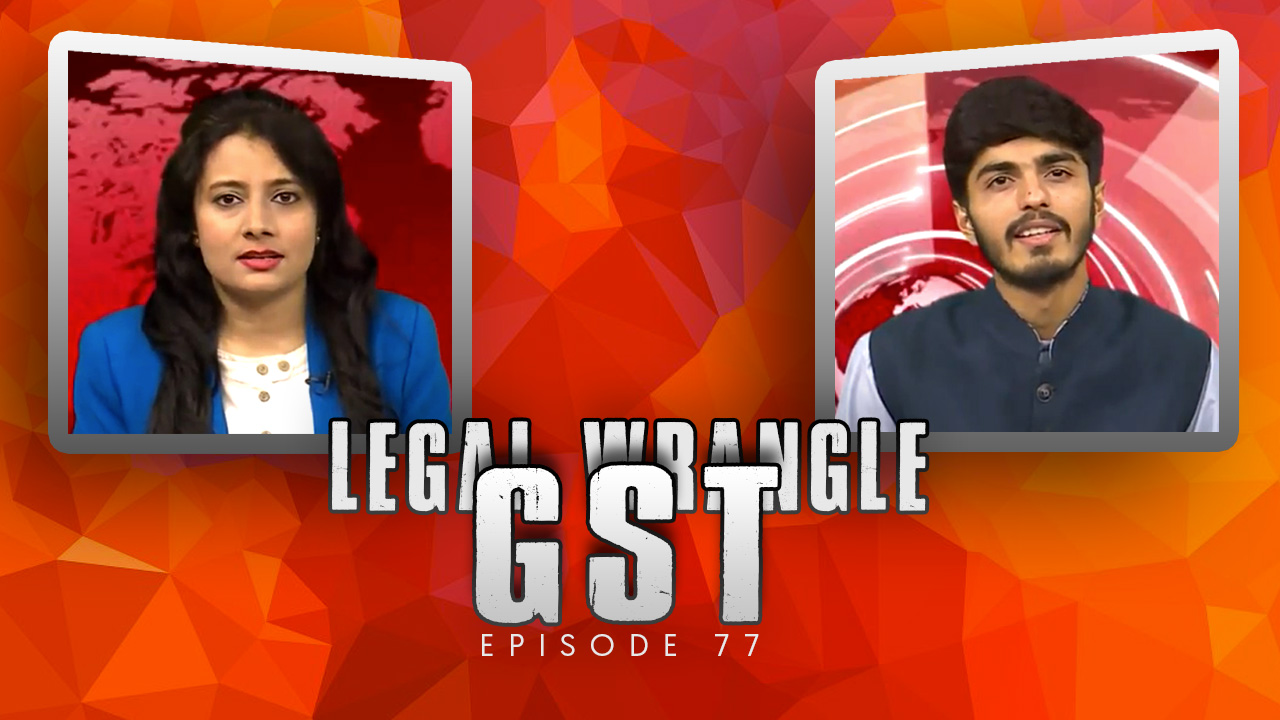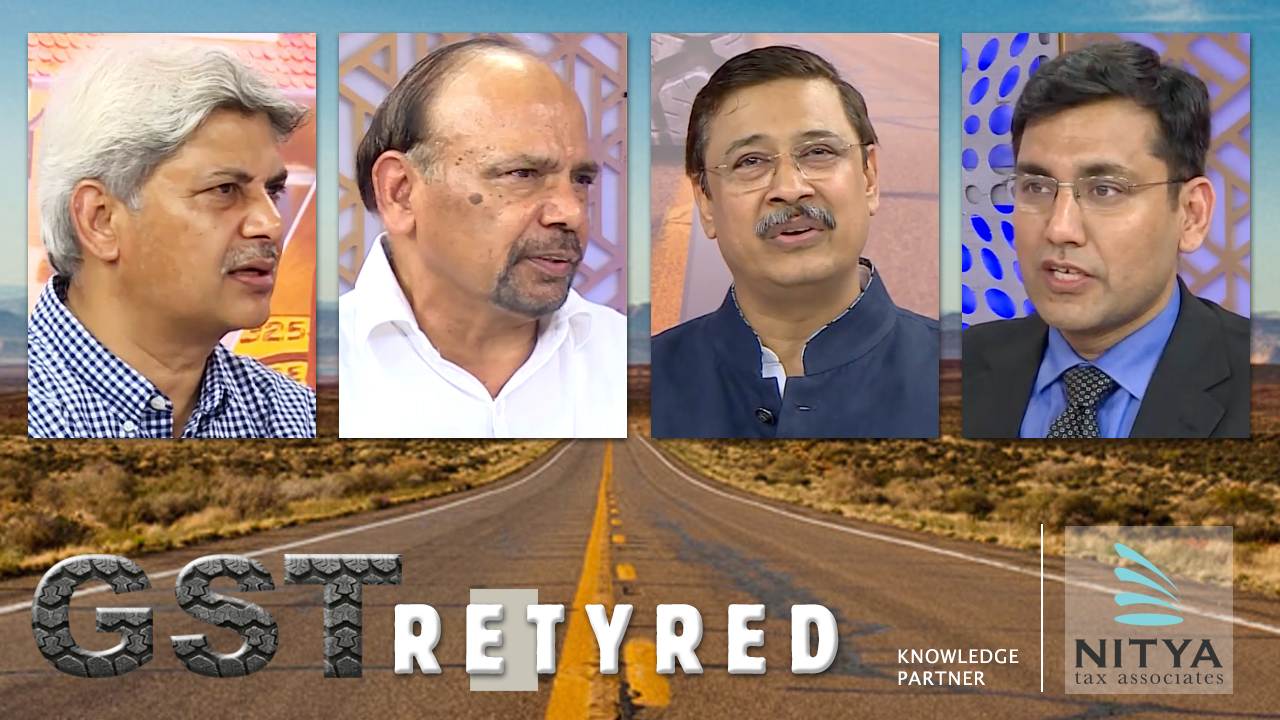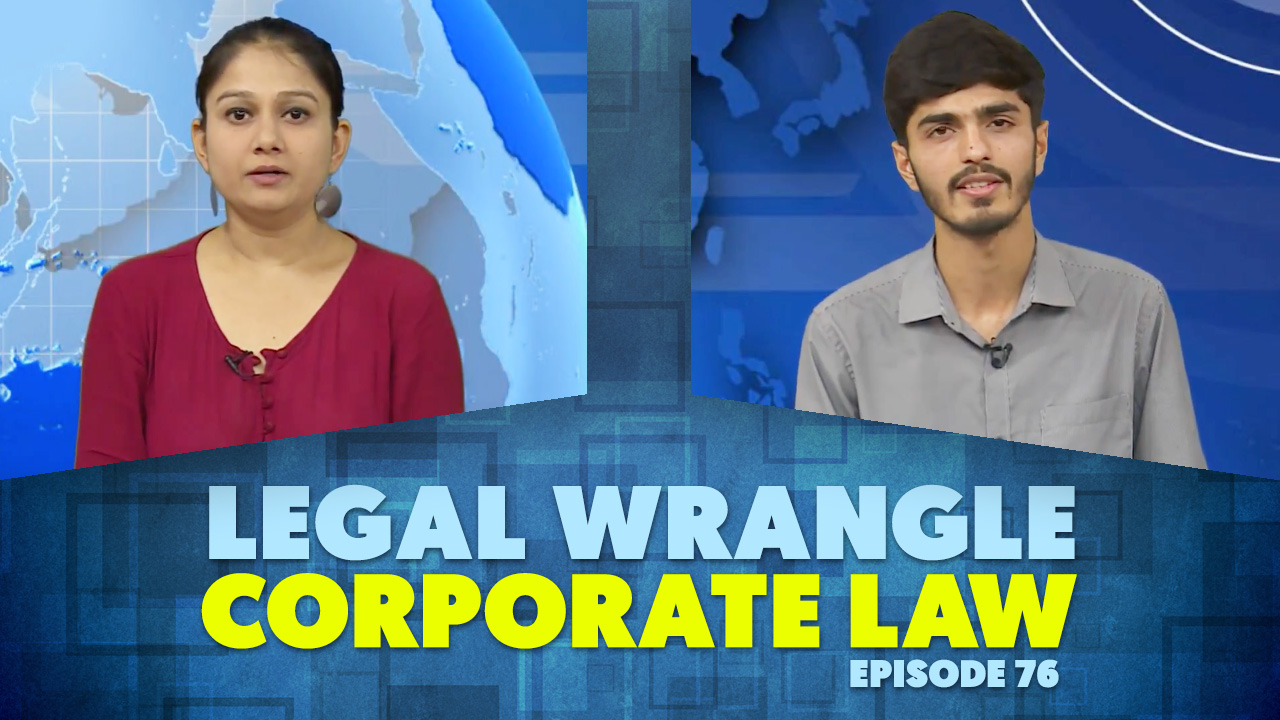|
SERVICE TAX
2018-TIOL-1970-CESTAT-MUM
Barclays Global Service Centre Pvt Ltd Vs CCE
ST – Refund – Notification 12/2013-ST – Out of the refund claim of Rs.1,14,79,918/- filed by the appellant, a SEZ unit, the adjudicating authority observed that the appellant was not eligible for the refund of Rs.23,05,740/- as the CENVAT credit availed against general insurance services provided by M/s United India Insurance Company Ltd. was involving group mediclaim tailor-made policy and the said mediclaim was not covered by the approved list of services – appeal to CESTAT.
Held: Mediclaim insurance is one of the insurance policy under general insurance - insurance was done by M/s United India Insurance Company Ltd, which is undisputedly involved in the business of general insurance and not any life insurance, therefore, the 'general insurance' term clearly covers mediclaim - appellant being a SEZ unit, their input services, otherwise also is not taxable and the output service being 100% exported, no service tax is payable – further, if at all the appellant does not claim the refund under Notification No. 12/2013-ST the appellant will be entitled for the refund under Rule 5 of the CENVAT Credit Rules, 2004 - even if there is some discrepancy in declaring the input service in the letters of approval, so long as tax paid input services were received and used in the SEZ unit, the refund should be allowed and only because of procedural lapse refund cannot be rejected – impugned order set aside and appeal allowed: CESTAT [para 6, 7] - Appeal allowed
: MUMBAI CESTAT
2018-TIOL-1954-CESTAT-MUM
Aamby Valley Ltd Vs CCE
ST - Appellant reversed CENVAT credit on 30.09.2008 on their own in respect of some input services as per the advice of their statutory auditor, however, no interest was paid and when asked by department to pay the same vide letter dated 28.12.2010, they did not agree as informed vide letter dated 15.03.2011 - SCN issued on 22.06.2011 for recovery of CENVAT credit and imposition of interest and penalty - demand confirmed/appropriated and penalty and interest imposed - appeal to CESTAT.
Held: As CENVAT for the period pertaining to 2004-08 was reversed by appellant in 2008 and declared in the ST-3 return, there was no suppression of fact on the part of the appellant, therefore, even for interest the SCN should have been issued within the normal period of one year from the date of reversal of credit - demand of interest is hit by limitation - as regards penalty, in the facts of the present case, appellant should not have been issued SCN in view of s.73(3) of FA, 1994, therefore, penalty imposed is not sustainable - amount of CENVAT credit reversed by appellant stands maintained - appeal allowed in above terms: CESTAT [para 5] - Appeal partly allowed: MUMBAI CESTAT
2018-TIOL-1951-CESTAT-AHM
Garden Silk Mills Ltd Vs CCE & ST
ST - Assessee was registered as recipient of services under category of service "Transport of Goods by Road" - They were providing Refrigeration/cooling facility through its infrastructure of cooling tower pipeline system and also supplying steam generated turbine through its infrastructure - Revenue views that such infrastructural support service would be classifiable under category of 'Support Services of Business or Commerce' - Commissioner (A) after incorporating the SCN and adjudication order and submissions made by assessee has passed a cryptic, non-speaking order without giving any analysis of legal issues involved in interpretation of activity being undertaken by assessee - In such a situation, it would be in interest of justice that the matter is remanded back to Commissioner (A) for de novo consideration of the matter: CESTAT - Matter remanded: AHMEDABAD CESTAT
2018-TIOL-1950-CESTAT-HYD
AAP Detective and Security Service Vs CCE, C & ST
ST - Assessee had rendered taxable services and also collected service tax on them from their customers but failed to deposit the same with Government - Hence, the assessee cannot claim ignorance - They have collected service tax wilfully and not paid the same to the Government, hence the demand of service tax as confirmed in O-I-O and modified in O-I-A is sustainable - Since they did not deposit the service tax in time, they are liable to pay interest under section 75 of FA, 1994 - They are also liable for penalties - Penalty under section 77(2) of FA, 1994 is imposable on assessee due to failure to submit ST-3 returns - Regarding the simultaneous imposition of penalties under section 76 & 78 for the period September 2002 to July 2006, it is found that proviso of sub section 2 of Section 78 was introduced on 10.05.2008 stating that no penalty is imposable under section 76, when a penalty is imposed under section 78 - The question whether this also applies to the period prior to this amendment, is no longer res integra, it was decided by High Court of Gujarat in case of Raval Trading Company 2016-TIOL-112-HC-AHM-ST - O-I-A is upheld with the modification that service tax liability with interest and penalty under sections 77 & 78 is also upheld while the penalty under section 76 is set aside: CESTAT - Appeal partly allowed: HYDERABAD CESTAT
CENTRAL EXCISE
2018-TIOL-1955-CESTAT-CHD
Mehra Metal Components Pvt Ltd Vs CCE
CX - The assessee is engaged in the manufacture of motor vehicle parts and availing Cenvat credit on inputs - During assessment, it was observed that assessee sent goods for manufacture of sheet metal parts for job work, but did not receive them back - Out of the goods sent for job work, the assessee did not make removal of raw materials & semi-finished goods in the records - In addition, the credit taken on these inputs were not reversed - Further, these raw materials, semi finished goods were cleared by the assessee to another unit without payment of duty on reversal of Cenvat credit - Moreover, the goods were never cleared under job-work challan in terms of Notification No.214/86-CE - Duty demand was raised by invoking extended period of limitation.
Held - The assessee have cleared goods under job work challan to unit no. 2 and futher cleared the goods by making payment of duty - Therefore, it is a revenue-neutral situation - No mala fide intention can be established on part of the assessee for non-reversal of Cenvat Credit - Also, the limitation period is non invocable - Following the decision of the Tribunal in the case of Arti Industries Ltd. , the order challenged is set aside on limitation: CESTAT (Para 2, 6, 7, 8) - Appeal allowed: CHANDIGARH CESTAT
2018-TIOL-1953-CESTAT-DEL
Anurag Dalmia Vs CCE
CX - DGCEI got the information that franchisee cigarette manufacturers, manufacturing cigarettes of brands owned by M/s GTC Industries Ltd. which attracts Central Excise duty - The franchisee manufacturers are evading duty on a large scale by not bringing full production into the books of accounts and clandestinely removing the suppressed production - Duty demand was raised from M/s Kanpur Cigarettes Ltd. (KCL) and M/s GTC Industries Ltd. - Various penalties were also imposed on employees/Directors of assessee Company M/s GTC - Allegation of clandestine removal of cigarettes from factory is not sustainable as the cigarettes were manufactured by undertaking a process involving raw material of different types i.e CTP and cut tobacco procurement of which are fully controlled under supervision of Excise Officers who maintains the XT-1 diary - Department has not collected corroborative evidence to substantiate their claim of clandestine removal of cigarettes - Neither any incriminating material was found from franchisee factory at the time of search nor any statement even of single worker of factory was recorded to prove allegation of clandestine removal - Regarding applicability of Rule 209A for imposition of penalty, when there is no clandestine removal, then no penalty can be imposed under Rule 209A as per the ratio laid down by Madras High Court in case of Sujana Metal Products 2016-TIOL-881-HC-MAD-CX .
Regarding Mr. Sanjay Dalmia and Mr. Anurag Dalmia, the Directors in GTC, the allegation is that, the clandestine removal of the cigarettes was well within their knowledge - Revenue could not point out any evidence to show that they have acquired confiscation of unaccounted cigarettes or have physically dealt with the same - In absence of any allegation about physical dealing of such goods, penalty under Rule 209A is not desirable on Mr. Sanjay Dalmia and Mr. Anurag Dalmia.
SCN was issued on 30.09.1995 and impugned adjudication order was passed on 06.03.2014, almost after 19 years - It is the allegation of assessee that no relied upon documents or cross-examination were provided - No useful purpose will be served after lapse of more than two decades to ask the authorities to re-examine the issues especially when matter was remanded earlier - By now some of the witnesses might not be alive and some might not have been traceable - There is no use to keep the issues alive - Litigation should come to an end as per the maxim interest rei publicae ut sit finis litium - No reason found to sustain impugned order and the same is hereby set aside in toto: CESTAT - Appeals allowed: DELHI CESTAT
CUSTOMS
2018-TIOL-1952-CESTAT-DEL
I-Decor India Pvt Ltd Vs CC
CUS - The assessee is engaged in trading & export of lenses, sunglasses and frames - They filed bill of entry & paid duty for clearance of imported goods declared as frames (plastic optical frames) and sunglasses - On examination, the assessable value of goods was re-determined - Differential duty demand was raised - The Commr. (A) remanded the matter back to the original authority for conducting the market enquiry and for determination of the value - The Revenue was of the view that assessee mis-declared the value of goods - Upon, de novo adjudication an order was passed confirming duty demand - The imported goods were confiscated as well as penalty was imposed in the assessee-company & Director - Hence, the present appeals.
Held - The market enquiry report submitted by the Revenue shows that the imported goods were substandard, outdated and were of inferior quality - The approximate sale price submitted by the traders/ shopkeepers with regard to the disputed goods was also disputed by the assessee - Further, no evidence has been adduced by the Revenue to prove that any amount over and above the invoice value was paid by the assesee - For these reasons, the declared value cannot be rejected and value cannot be re-determined - Hence, the demand is set aside :CESTAT (Para 2, 7, 8) - Appeal Allowed: DELHI ITAT
|
|









